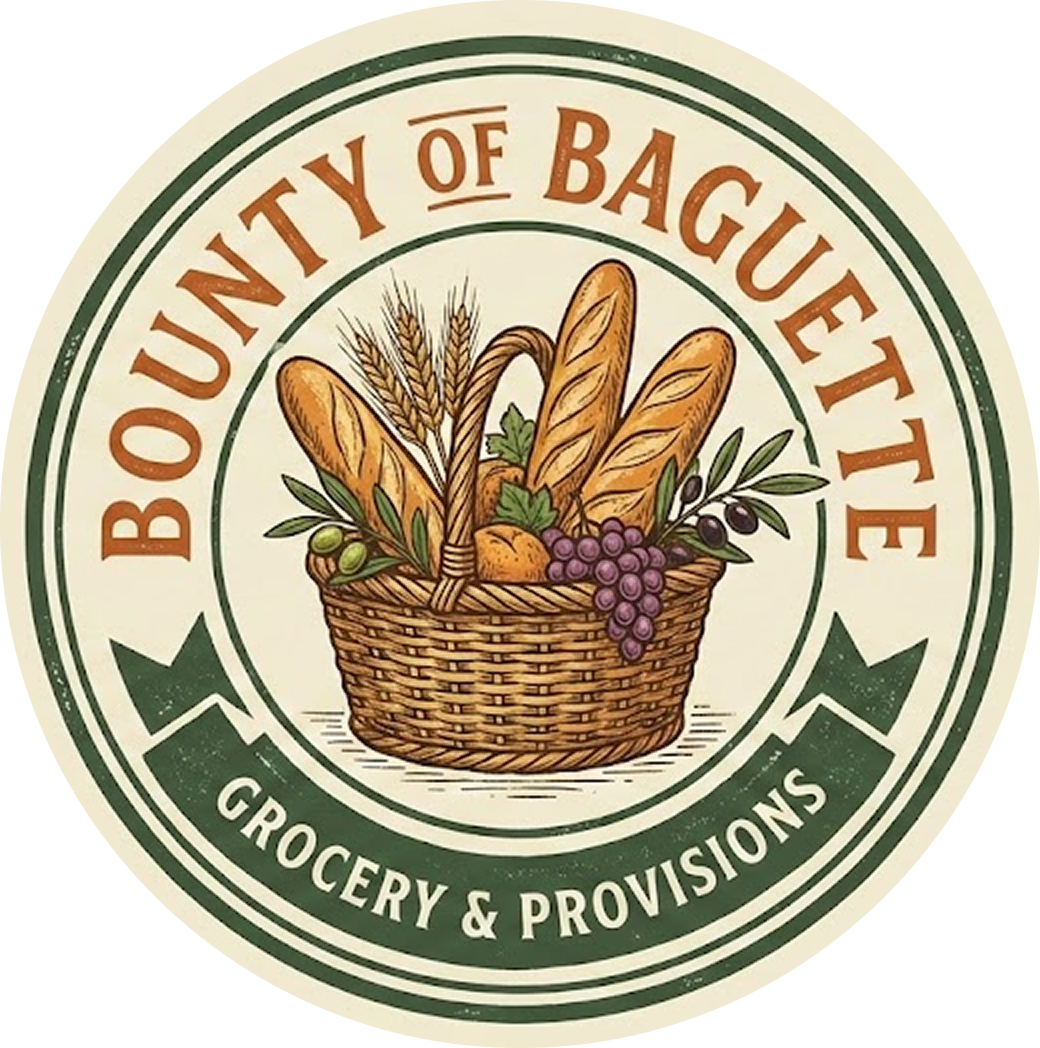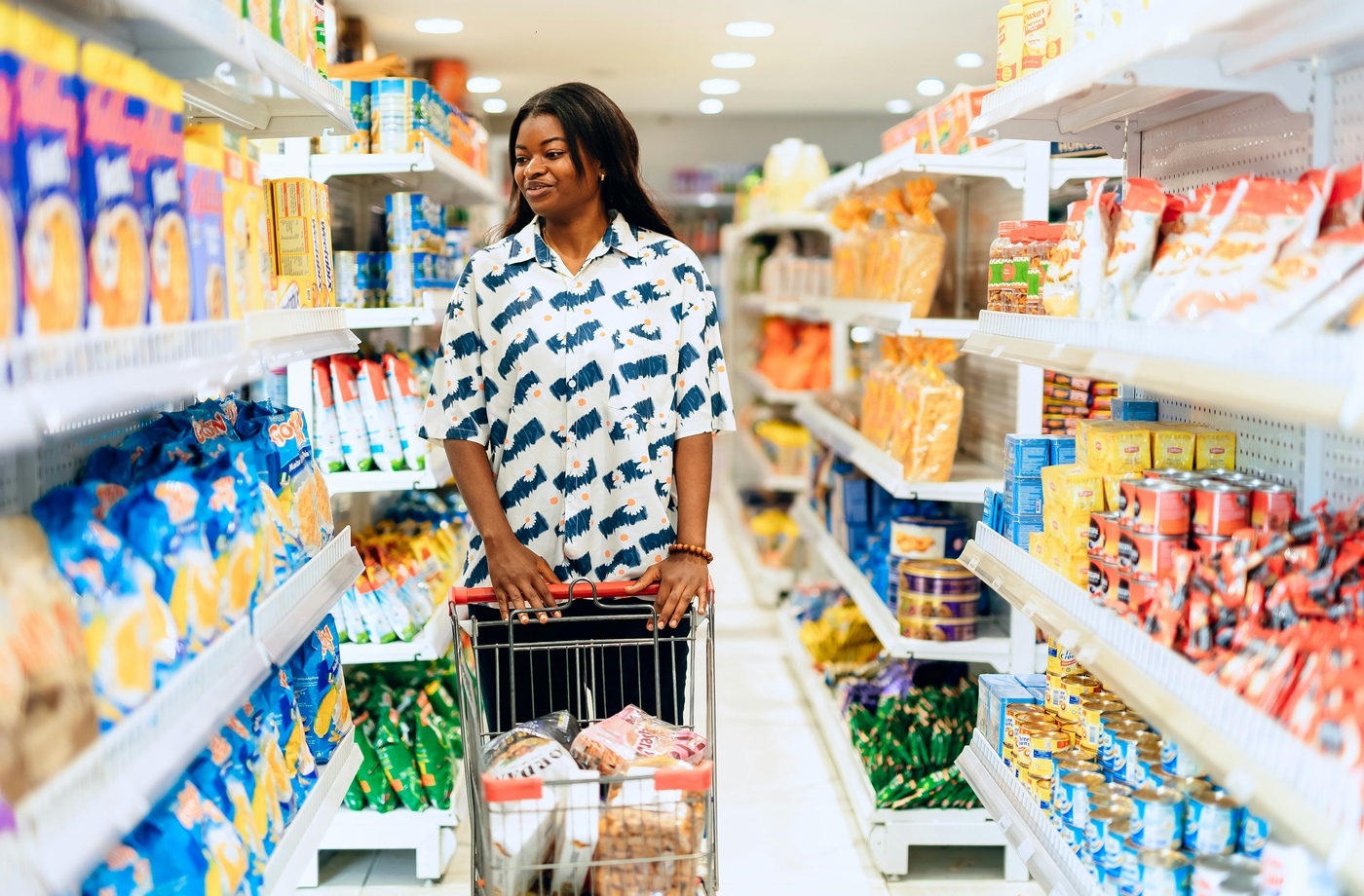Buying in bulk is often seen as a go-to strategy for saving money on groceries. But while stocking up can lower your per-unit cost, it doesn’t always lead to real savings. In some cases, bulk buying can result in waste, overspending, or food spoilage. Knowing which items are worth buying in large quantities—and which ones aren’t—can help you make smarter grocery decisions and stick to your budget.
Here’s a breakdown of the best and worst items to buy in bulk based on shelf life, usage rate, and overall value.
Best Items to Buy in Bulk
- Dry goods (rice, beans, oats, pasta)
These pantry staples have a long shelf life and are used frequently in a variety of meals. Bulk bags of rice or beans are significantly cheaper per ounce compared to smaller packages.
- Example: A 10-lb bag of rice from Costco often costs less per pound than a 2-lb bag from traditional grocers
- Check USDA food storage guidelines for how to store properly
- Frozen fruits and vegetables
Frozen produce lasts for months and is flash-frozen at peak ripeness, retaining its nutrients. Great for smoothies, soups, or side dishes, frozen items reduce waste and eliminate the need to rush through fresh goods.
- Brands like Birds Eye offer budget-friendly options
- Toilet paper, paper towels, and cleaning supplies
These essentials don’t expire, and buying in bulk often offers the deepest discounts per unit. Just make sure you have the storage space to accommodate larger packages. - Baking ingredients (flour, sugar, yeast)
For avid home bakers, buying these staples in bulk can save money. Just store them properly in airtight containers to prevent moisture and pests. - Snacks and non-perishables
If you pack school lunches or snack frequently, buying bulk boxes of granola bars, crackers, or trail mix from stores like BJ’s Wholesale Club or Sam’s Club can be cost-effective. - Gift cards with cashback potential
Buying grocery gift cards in bulk or on demand through platforms like Fluz can help you earn cashback with a Costco gift card or save money at Sam’s Club with gift card rewards. This approach lets you combine bulk pricing with instant cashback for even greater savings.
What Not to Buy in Bulk
- Fresh produce (unless freezing)
Items like lettuce, berries, and bananas spoil quickly. Unless you’re freezing them or using them immediately, buying large quantities often leads to waste. - Spices
While buying spices in bulk may seem like a deal, many lose their potency within 6–12 months. Unless you’re cooking large-scale meals regularly, it’s smarter to buy smaller amounts. - Dairy and eggs
These perish quickly and are difficult to store long-term. Unless you have a very high turnover or plan to freeze milk, avoid bulk dairy purchases. - Trendy health snacks
Bulk pricing can be deceiving, especially with trendy or specialty items. Always check the unit price and try smaller portions before committing to a large box. - Baked goods
Bread, muffins, and pastries don’t last long unless frozen. Unless you have freezer space and a clear plan, these are best bought fresh and in small quantities.
Make bulk buying part of your savings strategy—not a guessing game
When done right, buying in bulk can reduce grocery costs, limit store trips, and streamline meal prep. But buying blindly often leads to food waste and overspending. Pair your bulk buying with tools that amplify your savings—like store loyalty programs, warehouse club memberships, and cashback gift cards from Fluz—to make every purchase count.




